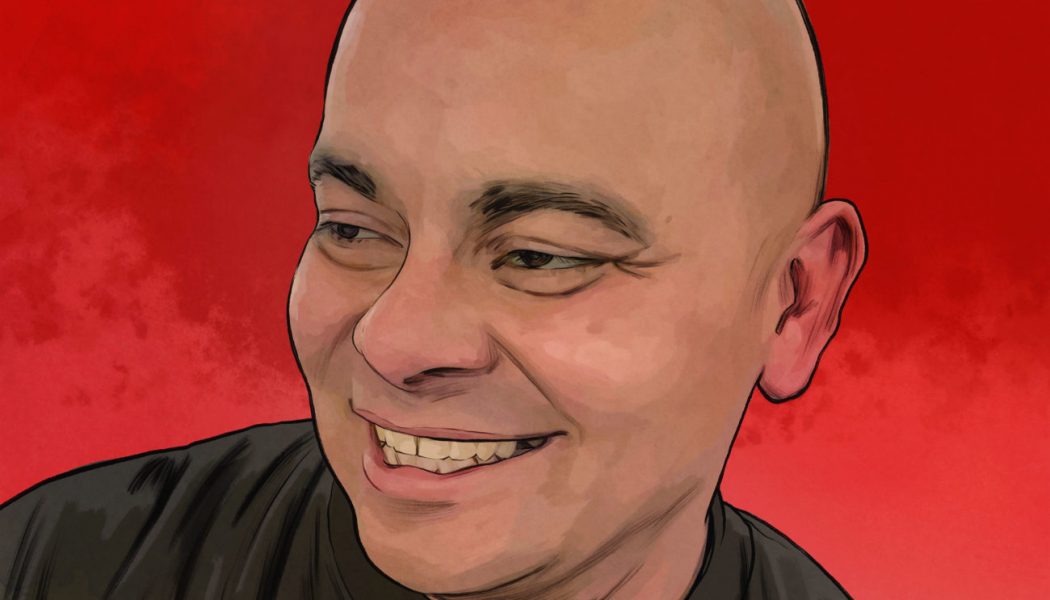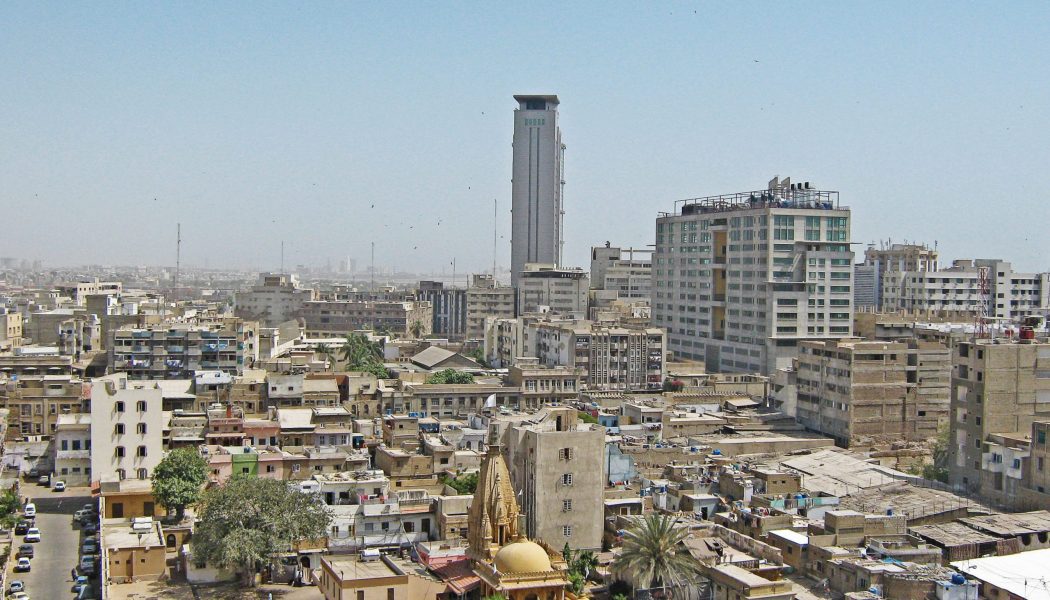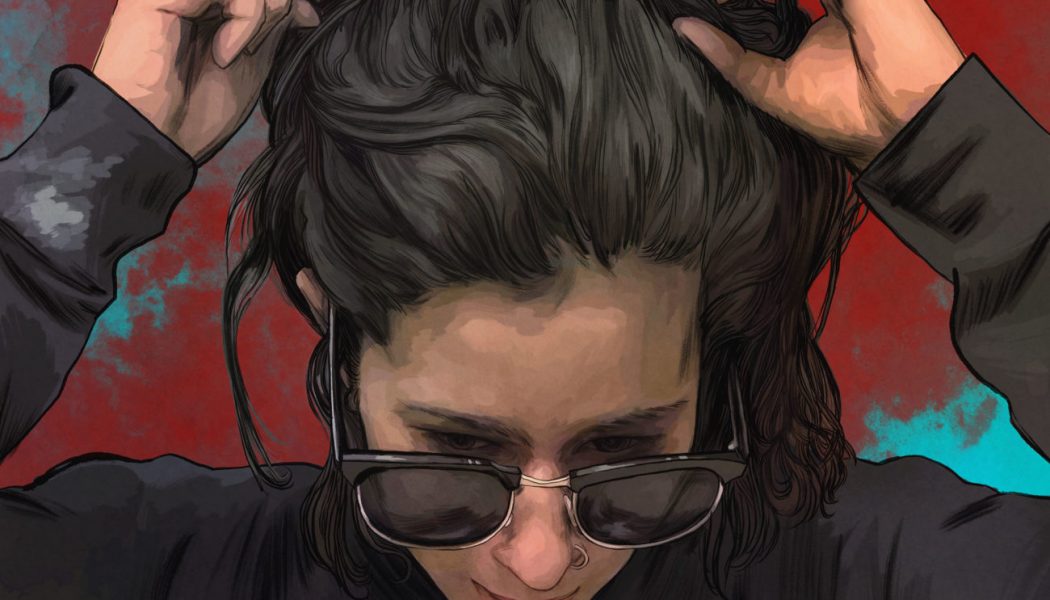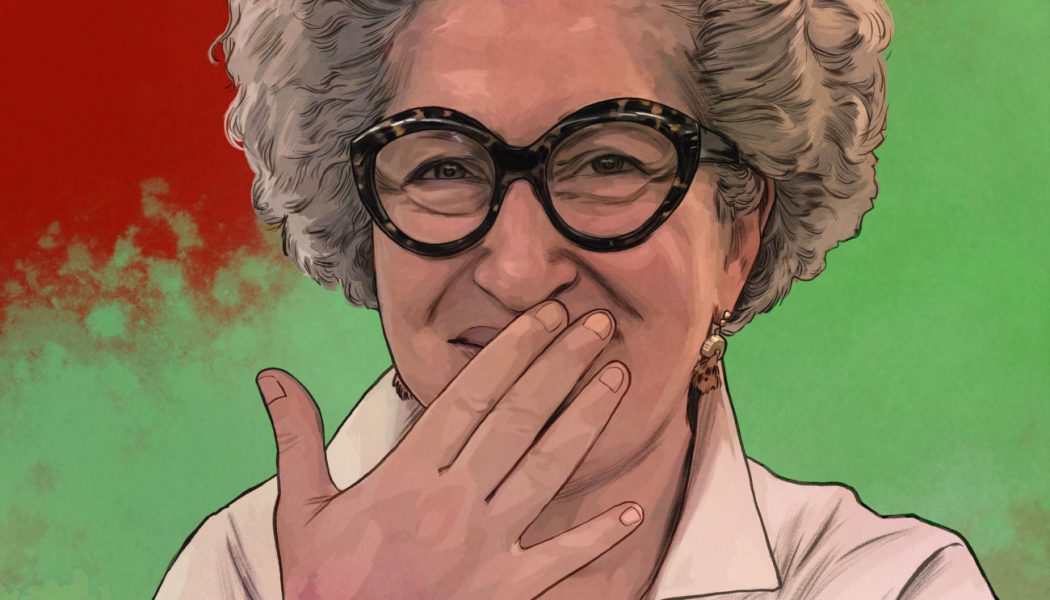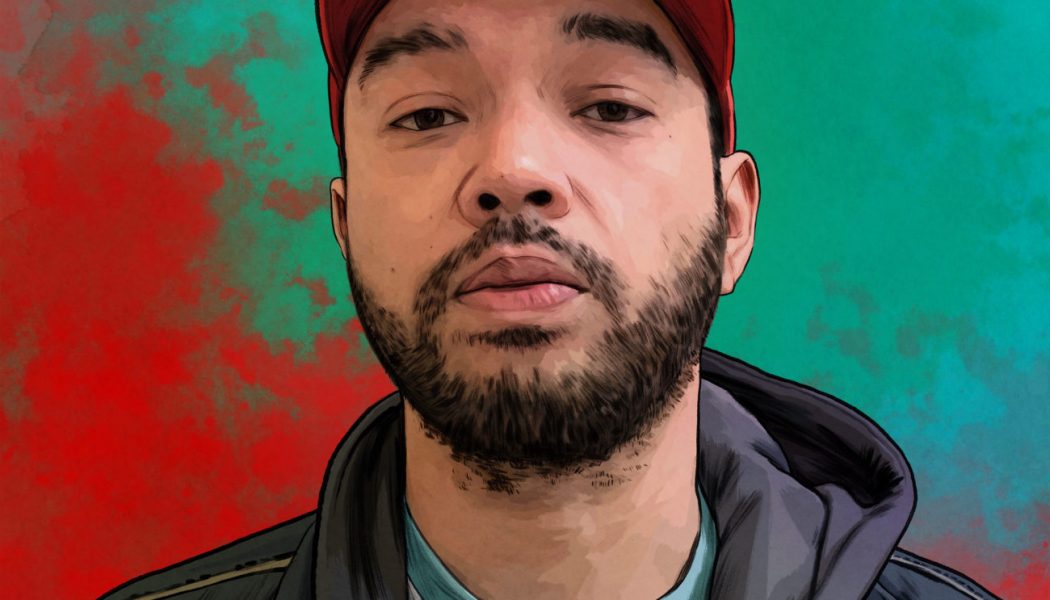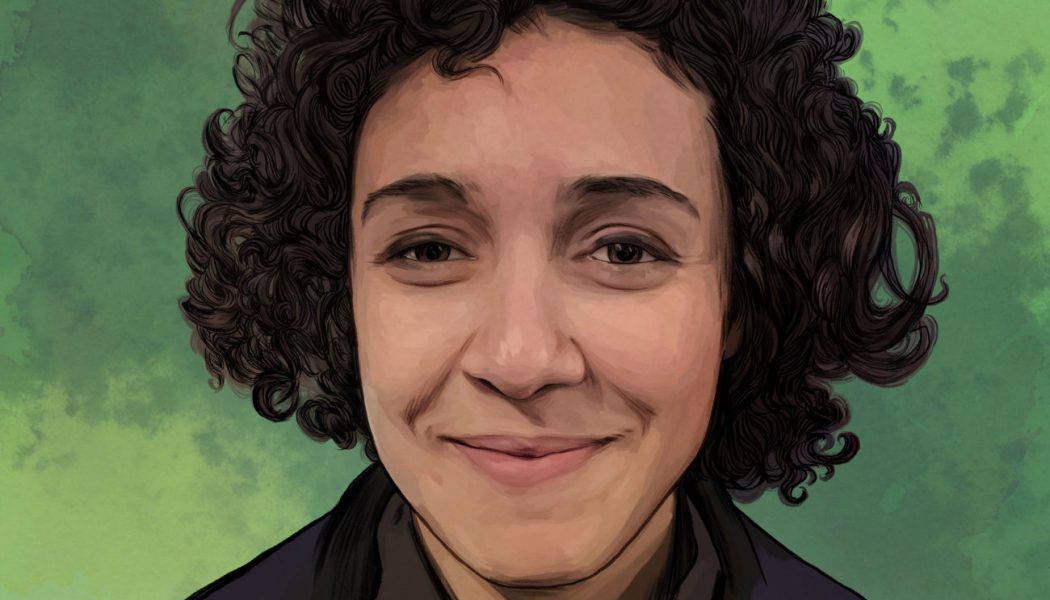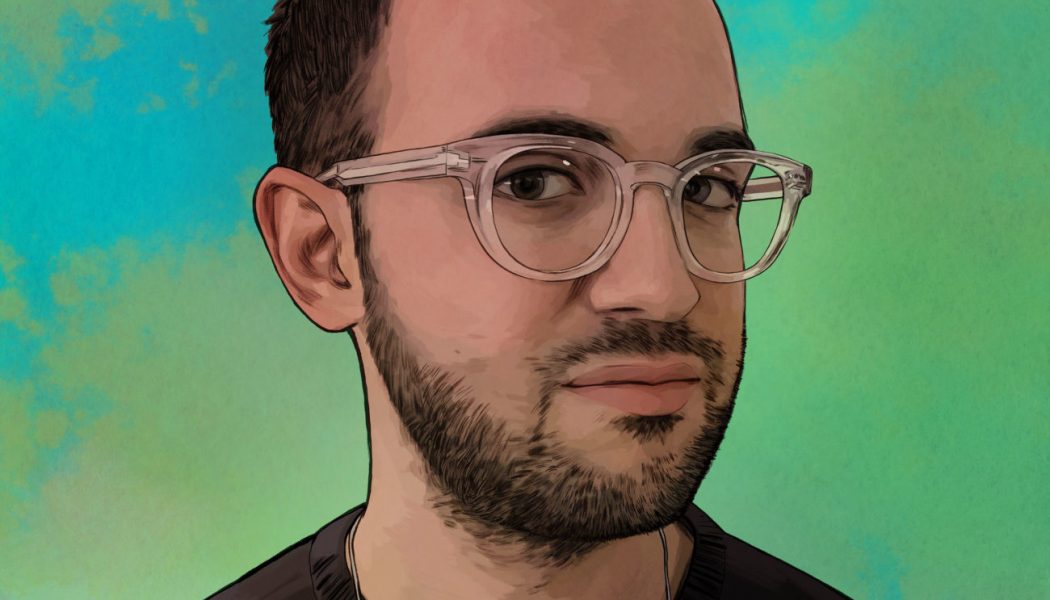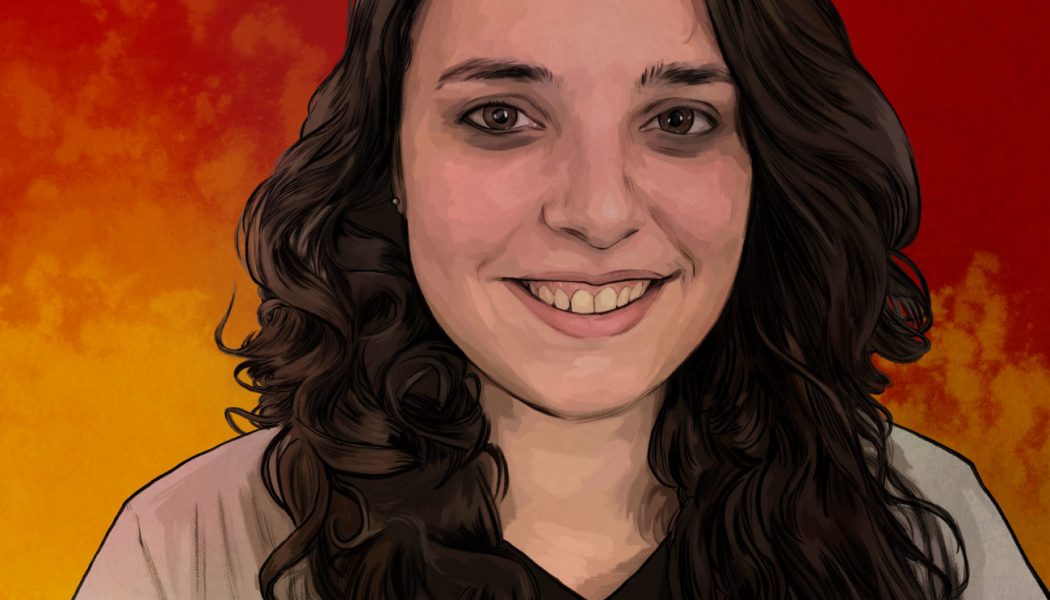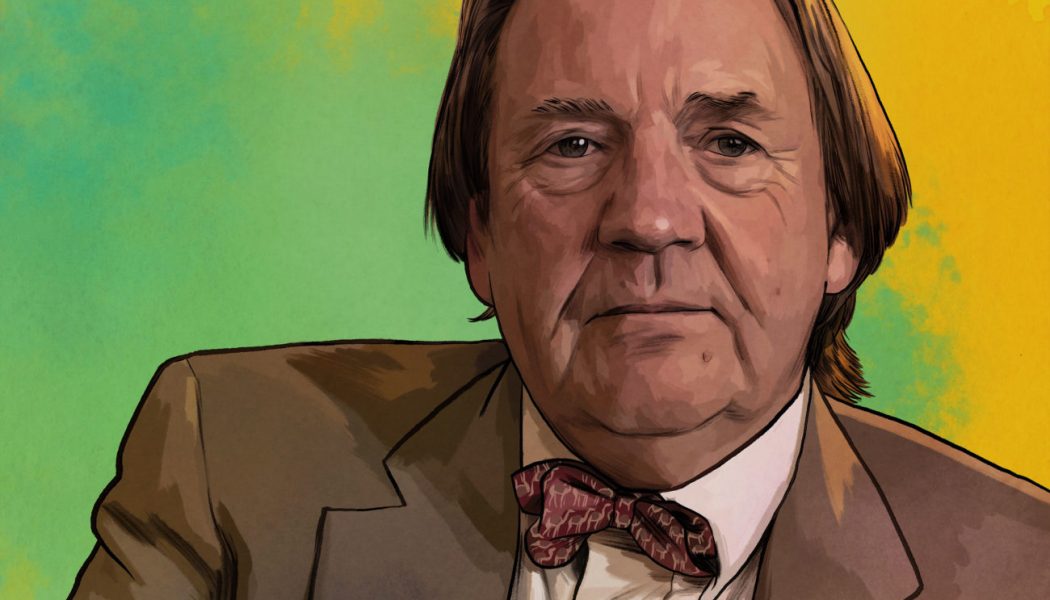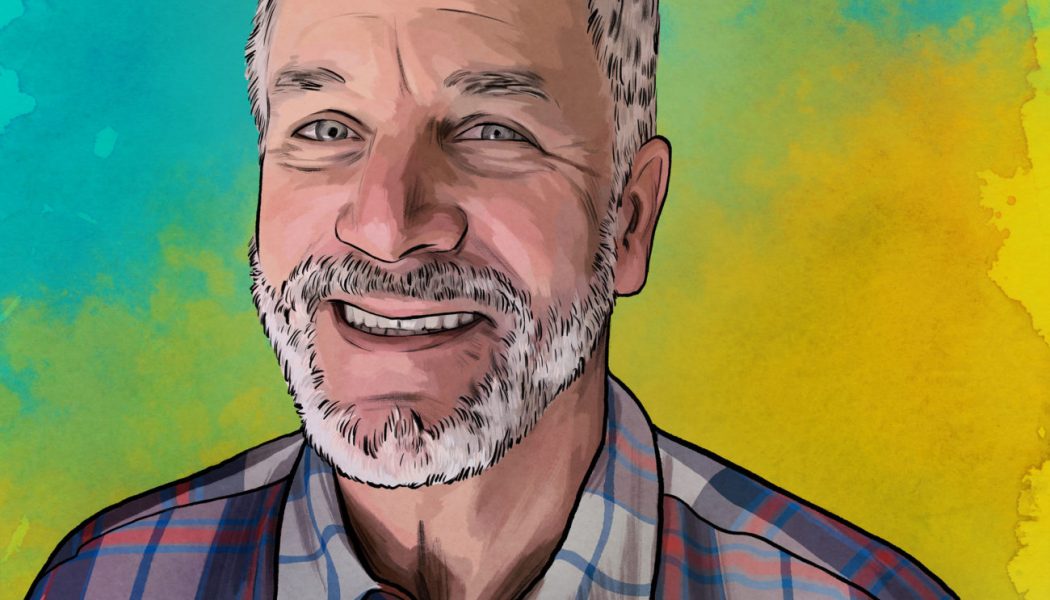Travel
Gera Gámez: Stuck on the wrong side of the wall
This week on The Trip podcast, deportee Gera Gámez on surviving L.A. gangland violence, jail and deportation, and adjusting to his new reality in Tijuana. I got a WhatsApp voice message in Tijuana from a journalist named Jesús Aguilar. He’s one of a special breed of police-scanner-hawks, independent reporters of the people, who zoom from crime scene to crime scene, take pictures of the carnage, tell what they can about what happened, and post it on their social channels. Every Mexican city seems to have a handful of these—in Tijuana it’s people like Jesús and Margarito 4-4, and they can have huge followings, partly for the lurid fascination, partly for the sense that this is the most honest reporting people can get on dishonest system. In this message he left me, Jesús is telling me that h...
An Elegy for Karachi’s Empress Market
The dismantling of Karachi’s markets and informal shops isn’t just robbing the city of its soul. It threatens the survival of the very people that make it a city. A group of women in faded patterned saris sits by the side of a road, some shaded by umbrellas, with bags of dried nuts in front of them—almonds, pistachios, cashews. The image would rack up a lot of Instagram likes, if it weren’t for the devastating landscape—mounds of sand, steamrolled expanses, clouds of dust, debris, and the stark sight of a building smack in the middle. Or that these women aren’t sitting on a pavement, protected and secure in their work. They’re on the side of the road, an easy target for harassment, being pushed out from the only place they’ve ever worked, where their fathers worked, and where their childre...
Panca: A Muralist in the Age of the Wall
This week on The Trip podcast: Smoking out with Panca, Tijuana’s border-crossing muralist. Ah, those are some sounds from the last day of Tijuana, one last taco with chef Ruffo Ibarra, and then one last ballad from a street singer. The taco was a beef stew masterpiece from Tacos Fito, where the taquero slings the stew across his outstretched arms, from the ladle in his right hand to the taco in his left. The wall, it can’t stop music, it can’t stop drugs or guns, and it certainly can’t stop art. So on my last day, I went back over the border, to San Diego, where I met up with Tijuana-based artist Paola Villaseñor, better known as Panca. Panca’s next show is at Bread & Salt in San Diego on February 8. I feel like you’ve seen her work, or at least, if you have seen it, you remember...
Anissa Helou: Good Morning, Beirut
This week on The Trip podcast: Greeting Lebanon’s revolution with culinary hero Anissa Helou. Good morning—early morning—from Beirut. It’s dark out in the Hamra neighborhood, a beautiful little fist of city that pushes down into the Mediterranean. It’s dark up here but the muzzeins calling the prayer and the roosters calling to no one at all are well-caffeinated and already firing. Good morning. Good morning from Beirut. Wake up. Wake the fuck up. There is a new day out there, just beyond your horizon. There is a revolution going on in Lebanon. That’s why we’re here. They started gathering months ago, at the Egg, an odd concrete derelict landmark in the heart of downtown Beirut. They are still there, camped out, peaceful but very urgent, resolute that they will stay until the goals of the ...
Chyno: Beirut Battle Rap
This week on The Trip podcast: Beirut-based, Syrian-Filipino rapper Chyno on Lebanon, rap, and revolution. I’ve been thinking here in Beirut about the many-sided… let’s call them gifts, that America has given to the Middle East. And of course when you wade into it, when you look at yourself and your country in the mirror, you’ve first got to walk your mind through a vast swamp of evil action and intention. From cluster bombing to propping up Saudi hoodlums to supporting the instincts of Israel’s politics, there’s a lot to regret, past, present and future. But tucked inside the exports of empire, sort of the opposite of a poison pill, there’s also this wonderful counter-programming, an exported American liberalism, a real and instinctual belief in free speech that is a beacon for many ...
Jade George: Cocktail Culture in Beirut
This week on The Trip podcast, publisher Jade George on Beirut’s booze culture and her hopes for Lebanon. The rain is coming down in Hamra, Beirut on a Wednesday and Jade George are headed out to drink. We are going to drink gimlets, we’re going to drink Manhattans, and we are going to drink Negronis, because you drink in Lebanon for the same reasons you drink in Lima, Ohio and Los Angeles, California. You can cope in those cups, you get that conviviality, that extra 5% burden melting off your shoulders. Sure, maybe it’s also a bit of a maintenance high, but here in Beirut, there’s an urgency to the drinking. Jade tells me that during the revolution, everybody is smoking and drinking more. And you know, they can. Despite the call to prayer ringing from every mosque, despite Hamra being the...
Gilles Khoury: The Heart of the Lebanese Revolution
This week on The Trip podcast: journalist (and protestor) Gilles Khoury on what sparked the Lebanese revolution and what’s next. Welcome to the Egg, the battleworn concrete theater that has become epicenter of Lebanon’s revolution, where today a rally of small business owners and entrepreneurs kicks off with a singing of the national anthem. Small business is the heartbeat of Lebanon’s economy, and they’ve been terribly affected by the banking crisis since the revolution began, leading to a wave of layoffs across the country. Our guide here is a singular voice in Lebanese media, a young writer named Gilles Khoury who writes a weekly, whimsical slice-of-life column for the French-language paper L’Orient Le Jour, about Beirutis and their hopes and dreams, and lately, about their revolution. ...
Ghosts of Tokyo: A Q&A with Barry Yourgrau
An author brings his flair for the fantastic to old Tokyo. Writer and performer Barry Yourgrau is a master of the surreal, intense, funny, and sometimes very short story. His eccentric career includes writing for The New Yorker and The Paris Review (among others) as well as starring both in the film adaptation of his memoir and in a music video for the heavy metal band Anthrax. I first met him with his partner, the author Anya von Bremzen, in Istanbul sometime in the mid-aughts, but it’s his deep, long-standing relationship with Japan, where his work has a steadfast following, that fascinates me most. He is the only American author to publish short fiction specifically for Japanese cellphones—an early form of viral smartphone content known as keitai sosetsu, or cell phone novels. His next ...
Farrah Berrou: Into the Beqaa Valley
Farrah Berrou takes The Trip into Lebanon’s wine country. It’s 6:45am and Farrah Berrou, host of the podcasts B is for Bacchus and A Better Beirut, is picking me up in her mom’s car to make the climb out of Beirut, past snow-capped mountains, dusty villages, endless military checkpoints, almost to the border of Syria itself, for a full day of Lebanese wine. We’re going to Domaine Wardy, one of the great wineries of the Beqaa Valley, a winery whose roots started out actually in Aleppo, Syria, long ago. But before that, it’s time for an early-morning trip to Baalbek, the ruins of the colossal roman temple of Bacchus, the god of, among other things, wine and group sex. What a combination, what a testament to the eternal determination of the people in this part of the world to live, and live w...
Tom Tillotson: The Midnight Voter
This week on The Trip podcast: Drinking baijiu with Tom Tillotson in Dixville Notch, New Hampshire. At the stroke of midnight in the high mountains near the Canadian border, in a lodge on the property of the abandoned Balsams Resort, there’s a table covered with red-white-and-blue bunting, a podium, two closet-sized voting booths. Five voters, 30 journalists, four TV trucks, two cakes celebrating the 60th anniversary of the midnight voting at Dixville Notch, NH. Now, you may think this a departure from our usual subjects. But for me, the performative small-town democracy of New Hampshire’s primaries has always been the stuff of drinking podcasts. Photographer Shane Carpenter and I were first dragged up here to Dixville Notch 16 years ago by a hard-drinking fringe presidential candida...
Gary Hirshberg: Organic Power
This week on The Trip podcast: Stonyfield Farms Chairman Gary Hirshberg talks sustainability, politics, and the role of money in the US elections. It’s the 61st Annual McIntyre-Shaheen 100 Club Dinner at the big Southern New Hampshire University arena in downtown Manchester. The state party is using its quadrennial flicker in the spotlight, and all the candidates who are here like moths to the flame, to pack an arena and raise a boatload of money—bleacher seats cost $25-50 and the tickets for the white linen rubber chicken banquet tables on the arena floor, where they’ve put me, must have cost much more. They’re not serving wine at the tables, so I sneak off to ferry a camera lens or two for the photographer Shane Carpenter, who has been covering the New Hampshire primaries with ...
Electioneering on the Eve of the Virus
Nathan Thornburgh and photographer Shane Carpenter were in New Hampshire last month for their longterm reporting project on the state’s odd presidential primary. In hindsight, it looks more surreal than ever. It is unnerving to look at the pictures at this moment, in this week. Photographer Shane Carpenter and I have been working on a longterm project about the New Hampshire presidential primary for four election cycles spanning 16 years, but the things I’ve come to love about the campaign up there—the intimacy of retail politicking, the electricity of the big rallies—now just trip alarms in my mind. All the handshakes. All the pressed flesh, the leaning in, the campaign buses filled with coughing staffers, the moist microphones, the communal pens at the polls. The collective spittle of a ...
